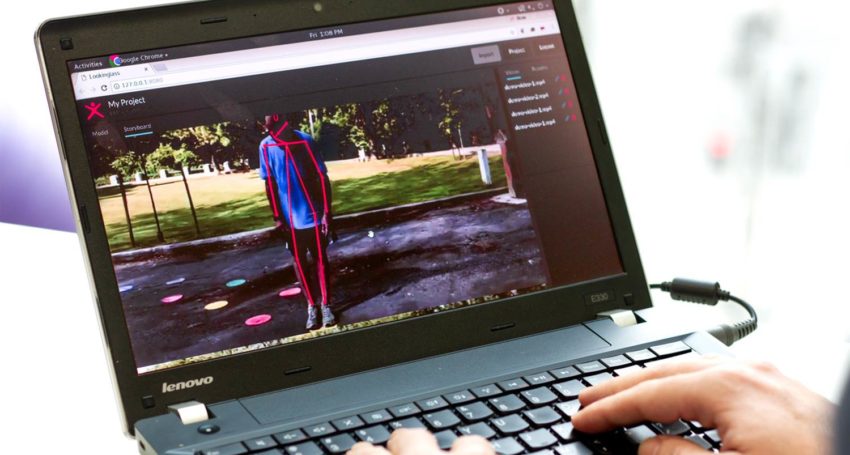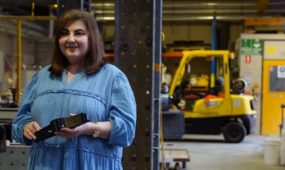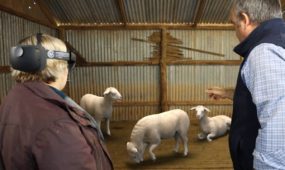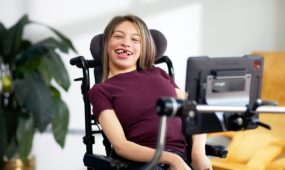Parkinson’s disease detection and tracking app launched
Technology
An artificial intelligence web app that can detect early-stage Parkinson’s disease has been launched in South Australia.

Sign up to receive notifications about new stories in this category.
Thank you for subscribing to story notifications.

The Lookinglass product is designed for the early detection and tracking of Parkinson’s to reduce the number of physical appointments with doctors and occupational therapists and keep people living in their own homes longer.
The app-based platform applies the AI program to video shot on a mobile phone.
A “movement skeleton” of what the person does and an associated report based on the range of movement in various joints and the presence of tremors is then accessible to family members and relevant health professionals through a web interface.
It was developed at the University of South Australia’s Innovation & Collaboration Centre in Adelaide by Simon Cullen, who is now the Chief Technology Officer at Lookinglass.
Cullen is also developing an AI mirror, which will act as an extension of the app and will also be used to monitor the progression of Alzheimer’s disease.
Lookinglass CEO Kelly Carpenter said the app was an improvement on current telehealth technologies, particularly for occupational therapists with patients in remote areas.
“The problem for occupational therapists is in the ability to remotely assess patient movement using manual technology,” she said.
“Our solution removes the manual effort for diagnosis and reduces error caused by ineffective communication technologies.”
So far, the software platform has been tested with 16 occupational therapists and at nursing homes in South Australia.
Parkinson’s is a progressive disease of the nervous system marked by tremor, muscular rigidity, and slow, imprecise movement. As prevalence increases threefold after the age of 65, the growth rate in the number of people living with Parkinson’s is expected to increase dramatically as the Australian population ages.
The key piece of tech in the design is the computer vision system that uses AI to track movement and compares it with known Parkinson’s symptoms. The Alzheimer’s testing is mainly cognitive based but is also mapped by the program.
Cullen said Lookinglass aimed to have an advanced prototype of the mirror ready by the end of the year, in time to take it to the Consumer Electronics Show (CES) in Las Vegas in January and SXSW in Texas in March.
He said the app and mirror not would be of great benefit for people who find it difficult to attend regular physical medical appointments.
“Our mirror will remove these barriers to accessing expert healthcare,” Cullen said.
The new app can be accessed through the Lookinglass website.
Jump to next article



